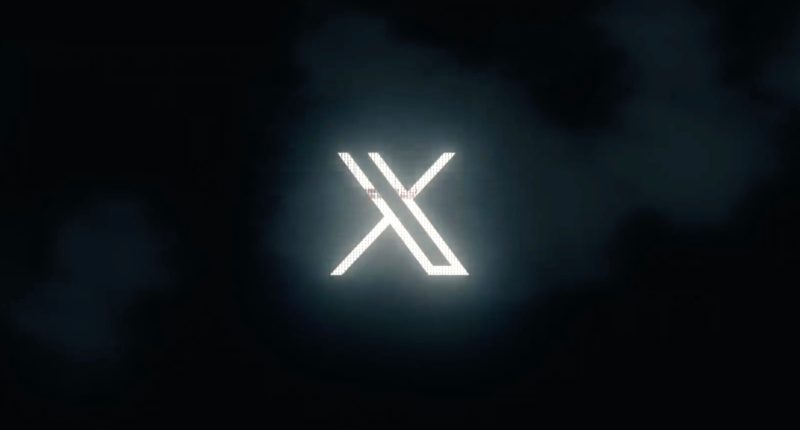The High Court of the Indian state of Karnataka — which is also home to India’s Silicon Valley Bangalore — has rejected a petition filed by Elon Musk-owned X Corp (the parent firm of social media platform X) against Indian government’s content removal system known as ‘Sahyog’. Notably, the Sahyog portal is used by the Indian government to send notices directing online platforms to block or take down material that is considered unlawful and harmful. In its ruling, the court upheld the government’s authority to issue such directives under the Information Technology Act, 2000 and made it clear that digital intermediaries like X are required to comply with them.
The verdict came after long arguments in court, where X challenged (in March 2025) the foundation of the system, while the government said it was needed to keep the online space safe, secure, and accountable. Actually, X Corp’s challenge was centered on the claim that the Sahyog system had no proper statutory foundation. The company argued that the government was relying on Section 79(3)(b) of the IT Act, which deals with intermediary liability, as a way to enforce content removal, even though that section was never meant to be used in this manner.
According to the social media company, the only valid route for blocking content is Section 69A of the IT Act, which requires a structured process involving review mechanisms, reasons for blocking, and oversight to prevent arbitrary action. The company warned that allowing individual government officers to issue removal orders without these safeguards opened the door to misuse and risked undermining free expression online.
Meanwhile, the Union government countered these claims by defending both the legality and necessity of the Sahyog portal. Its lawyers argued that the system was not a new law but a mechanism for issuing and managing takedown requests that are already backed by statutory provisions. The government highlighted that X and other intermediaries can not claim constitutional rights under Article 19(1)(a), which guarantees freedom of speech to individuals, because platforms are not speakers but hosts of user content. It also pointed out that intermediaries enjoy ‘safe harbour’ protection under Section 79 of the IT Act only if they comply with lawful orders, and that failing to act on notices could make them lose this protection and be held legally responsible for harmful content.
The government argues that if online content is not regulated, it can spread false news, hate speech, defamation, or even material linked to crime and terrorism. As per the government, harmful posts can go viral in seconds, so rules are needed.
After hearing the arguments from both sides, the Karnataka High Court ruled that regulating online content is both legal and necessary. The court said that digital platforms are very influential and can not be left completely unregulated, because unrestricted content online can cause serious harm. It also stated that platforms like X must follow the government’s takedown orders and can not avoid responsibility by saying they are just hosts for user content.
The development comes months after X claimed that the Indian government had issued an order on July 3 to block a total of 2,355 accounts in India, including the official handles of the international news agency Reuters (@Reuters and @ReutersWorld). Earlier, in May 2025, India had ordered X to block over 8,000 accounts. Last year (2024) alone, the Indian government blocked a record 28,000 URLs across various platforms (including X), citing reasons like threats to national security and public order. X also faced scrutiny in India in March 2025, when the government raised concerns over controversial responses generated by its AI chatbot, Grok.
The Tech Portal is published by Blue Box Media Private Limited. Our investors have no influence over our reporting. Read our full Ownership and Funding Disclosure →






